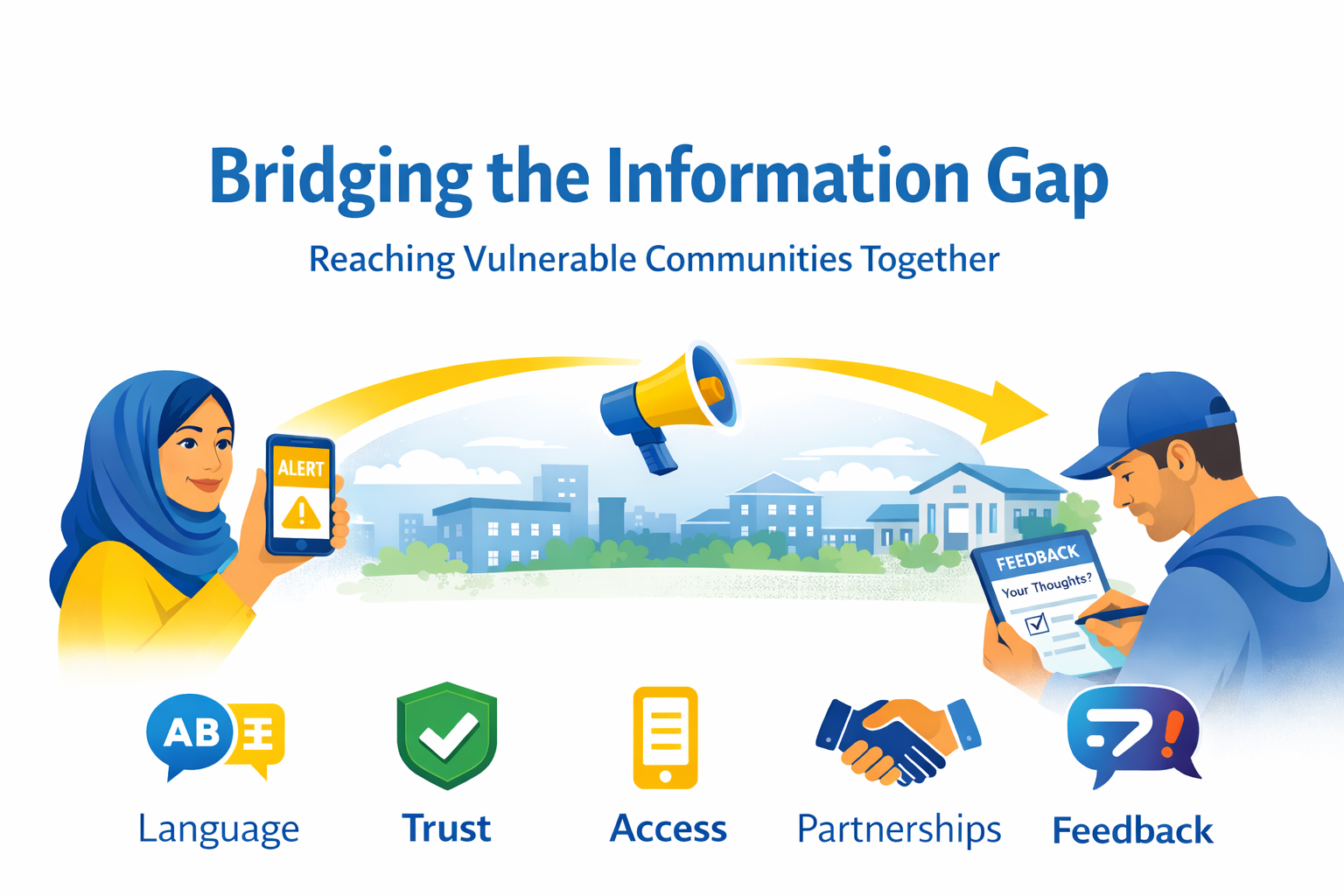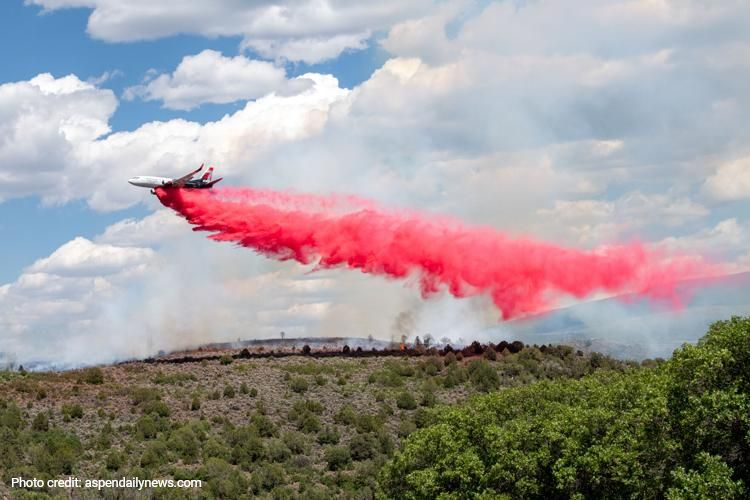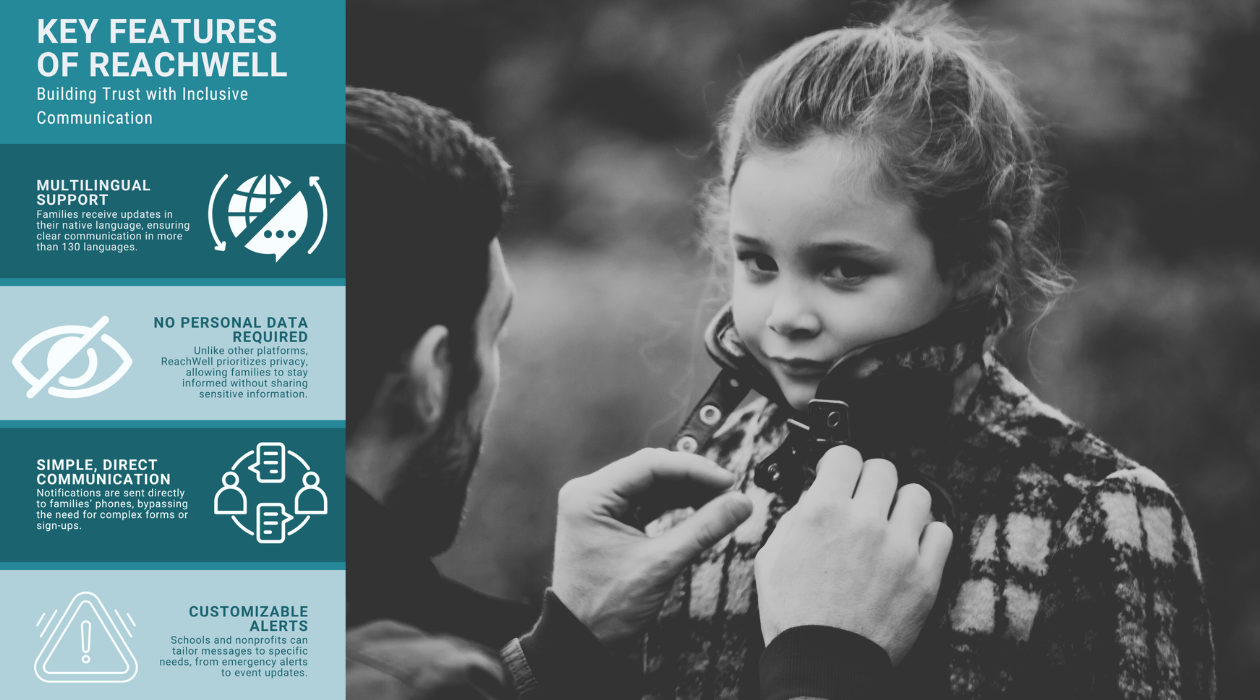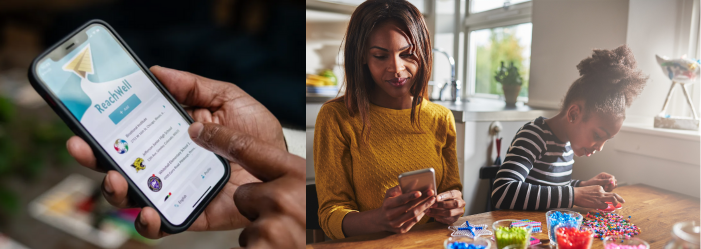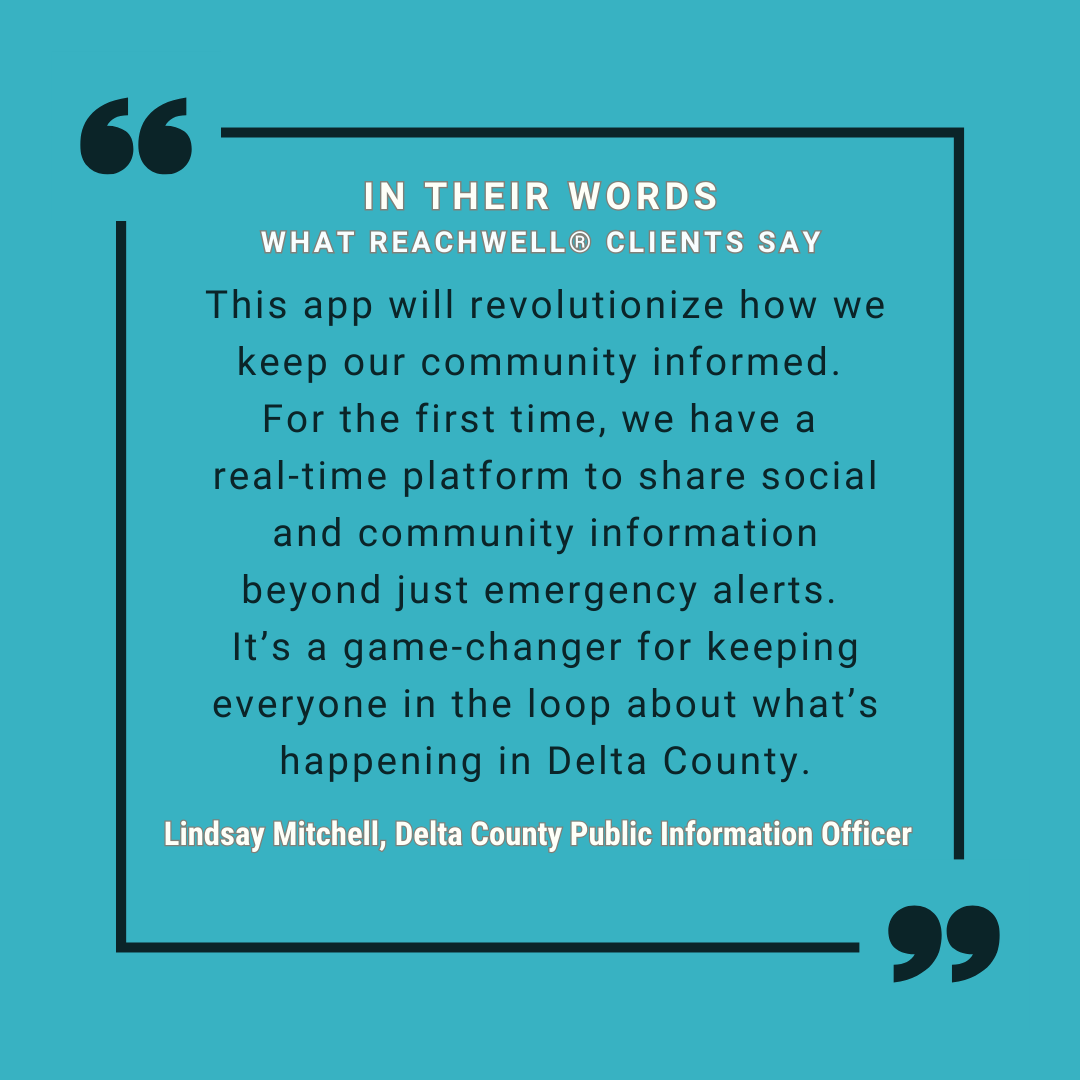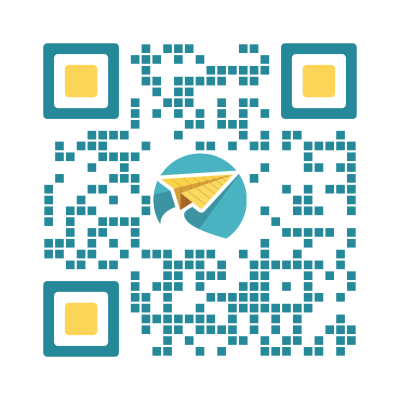How Districts are Closing the Loop with English Learning Families
Schools across the country want to go beyond broadcast compliance notifications. Here's how they get feedback from all families.
What does it look like when families are highly engaged with their child's education?
Though the question is simple, the answers vary. "It really can be different for one family to another," said Betsy Sostak, Director of Multilingual Services at Aptakisic-Tripp School District in Lake County, Illinois.
Where we've been.
At ReachWell, we hold regular consultation calls with each of our schools. We hear the same sentiment: measuring engagement on in-person meetings is not accurate. The pandemic aside, schools realize families have varying circumstances which make in-person meetings challenging.
Think of who constitutes your school community. Migrant, English learning or homeless families may come to mind. Your team strives to cater to their specific needs, the same way teachers meet each student at their learning level. They know one-size-fits-all engagement metrics like in-person meeting attendance does not take into account other forms of active participation and engagement.
Where we're going.
Betsy Sostak and the Aptakisic-Tripp team sees engagement differently and seeks to answer the question: "How do we make it easy for families to provide feedback?"
With ReachWell, schools across the country are creating a culture for two-way engagement. They are going beyond one-way announcements and instead are creating a feedback loop where families' voices and feedback can be captured by leadership.
How it's gone.
In Illinois at Aptakisic-Tripp, the district is using the ReachWell app with their English Learning families, their district's hardest families to engage due to language barriers. The district sent three ReachWell requests in an email and app message for feedback on district communication. Over 35% of families replied. The request was only directed at their most hard-to-reach families with a typical response rate of 5%; a 600% increase!
Families across Illinois, Minnesota, Kansas, and other states have shared feedback in their language about what they liked about the school's communication, and how they wish their schools were communicating.
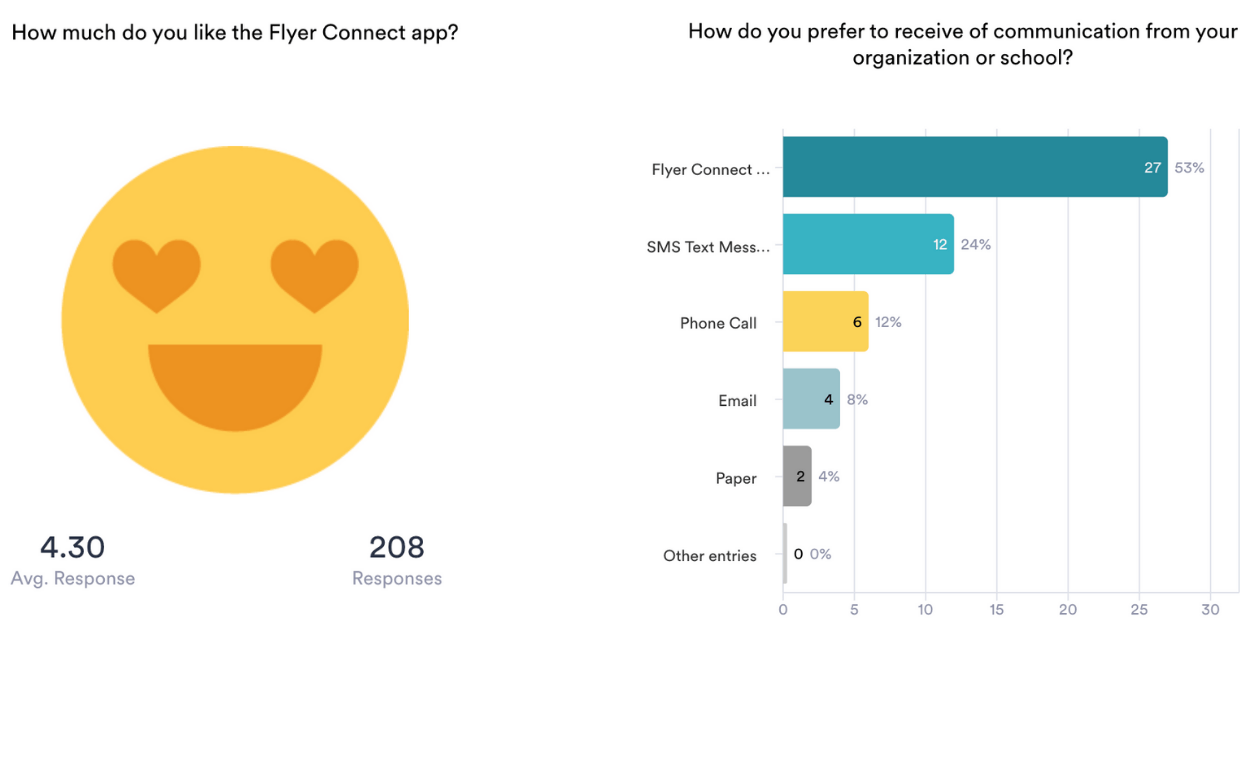
What they said.
"I like that I get important notifications like no school, early dismissal, short day and any other time-sensitive notifications." -Family in Buffalo Grove, Illinois
"Since I don’t understand English well, this [ReachWell] app helps me." -Family in Buffalo Grove, Illinois
"اعرف منه كل شىء عن المدرسه يبقيني دائما على تواصل مع المدرسه " (I know everything about the school from it, it always keeps me in touch with the school) -Family in Minneapolis, Minnesota
“Es muy bien para la comunicación para lo que tengan q decir los maestros” (The app is really good for communication for what the teachers have to say.)
"It’s easier to figure out what’s going on at the school through this app than any other means of communication.” -Family in Greeley, Colorado"What I like most about ReachWell is how convenient it is to get communications from both of my children's schools and the Colorado I Have a Dream Foundation all in one app." -Family in Denver, Colorado
"Me gusta que aquí recibo todo sobre la escuela ,horarios de salida ,reuniones y más." (I like that here I receive everything about the school, dismissal schedules, events, and more.” -Family in Kansas City, Missouri




